
Some voices rose above the noise and never quite faded. They held crowds still, sparked movements, and left behind words that continue to ripple across generations. We’re talking about people who didn’t set out to be legends. They simply had something to say and knew how to say it. Here’s a look at speakers whose words turned history on its heels and kept the world leaning in.
Winston Churchill
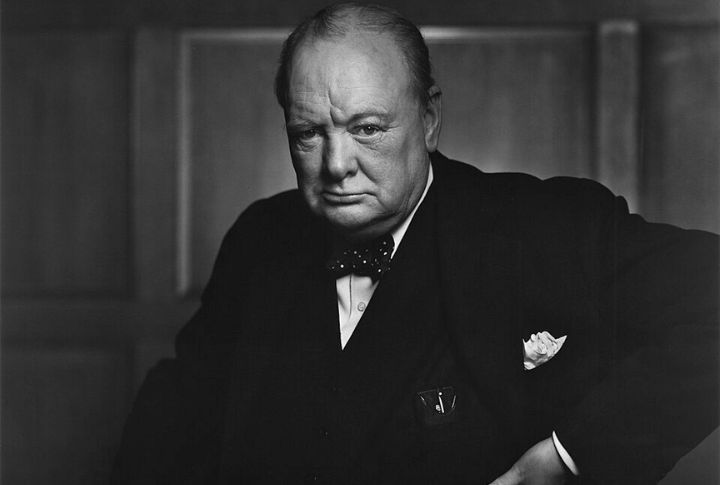
During WWII, Churchill’s speeches, like “We shall fight on the beaches,” rallied British morale. He won the 1953 Literature Nobel Prize for his writing and oratory. Notably, he rehearsed “impromptu” speeches obsessively and used silence strategically to emphasize key points.
Martin Luther King Jr.
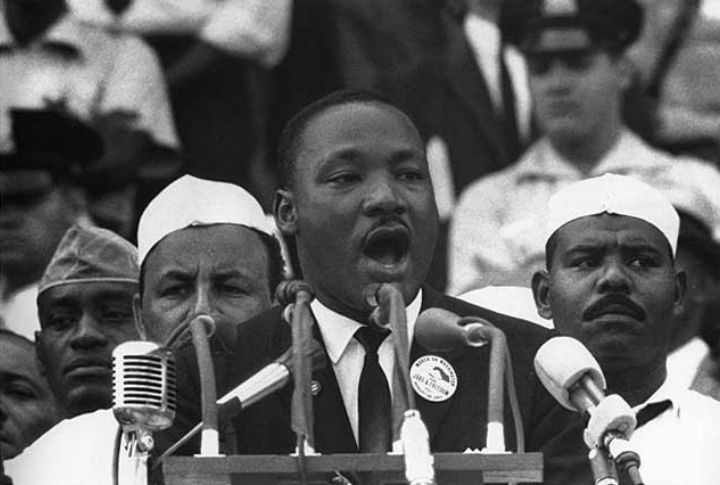
The “I Have a Dream” speech became a defining moment in civil rights history. His delivery used biblical cadence and repetition. Surprisingly, much of it was improvised live. King’s early choir experience shaped his vocal rhythm and emotional tone.
Nelson Mandela
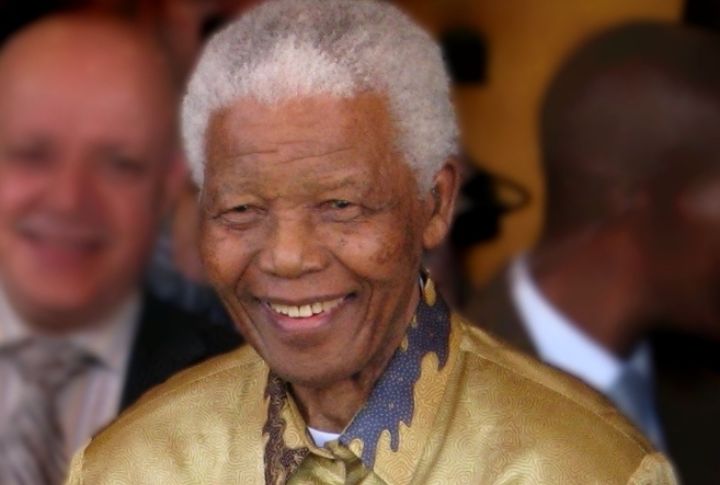
The man’s Rivonia Trial speech spotlighted apartheid globally. Mandela’s inaugural address unified post-apartheid South Africa. While imprisoned, he practiced speeches quietly. Once, he paused mid-speech to let a child shake his hand, showing his human touch even in formal moments.
Obama
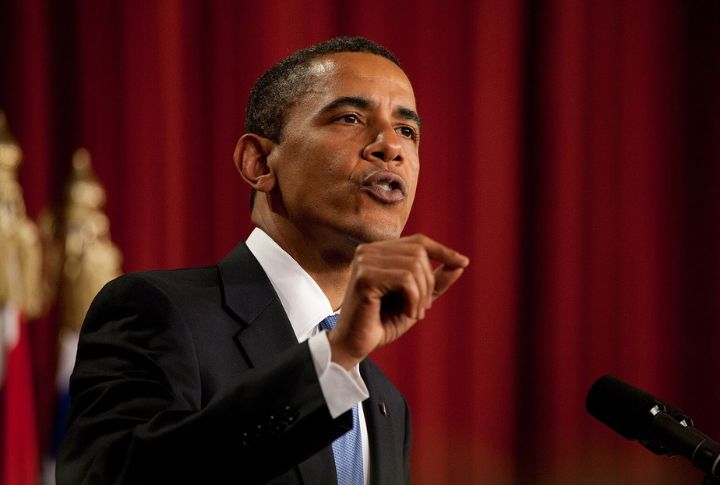
The former president’s 2004 DNC speech launched his national profile. Those campaign speeches blended calm authority with poetic rhythm. He often wrote his speeches and enjoyed embedding literary references. Audiences also connected with his clarity and cultural fluency.
Demosthenes
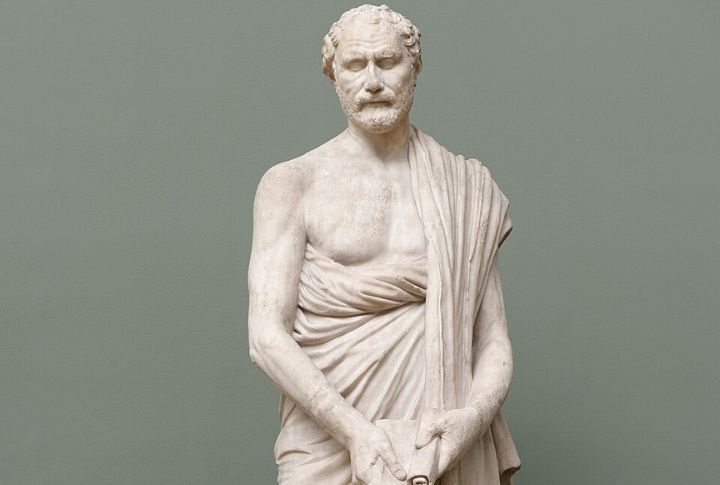
Athens’s most famous orator, Demosthenes, overcame a speech impediment using pebbles to train articulation. His “Philippics” warned against Macedonian tyranny. To stay focused, he shaved half his head so he wouldn’t leave home and skip practice.
Sojourner Truth
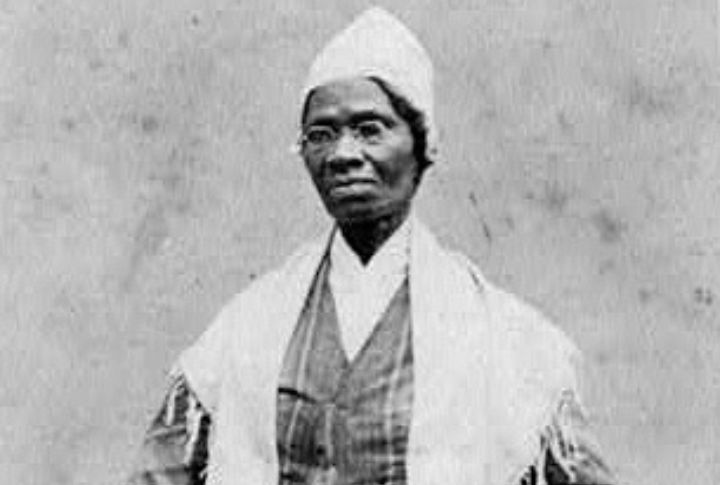
Her “Ain’t I a Woman?” speech challenged both racism and sexism. She used biblical rhythm and plain speech to reach diverse audiences. Though illiterate, Sojourner Truth intrigued educated crowds and adjusted her delivery based on audience reactions.
John F. Kennedy
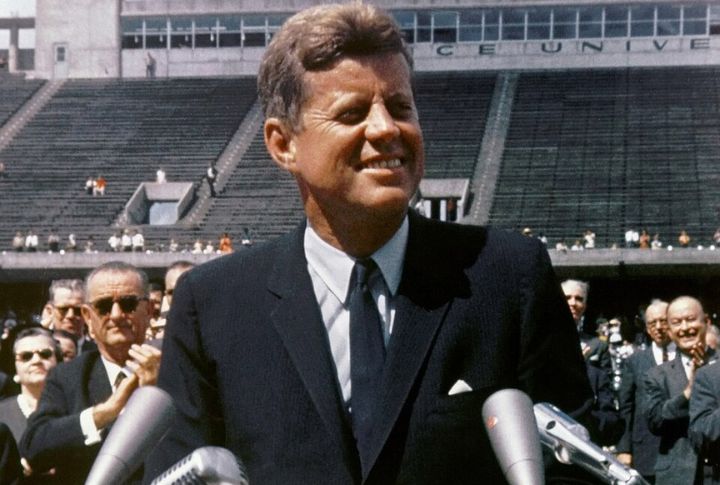
American civic responsibility was redefined by Kennedy’s “Ask not…” line. He used alliteration and dramatic pauses to enhance impact. Even while injured, he continued to practice his delivery. Kennedy’s Berlin speech drew one of the largest crowds in Europe during the Cold War.
Margaret Thatcher
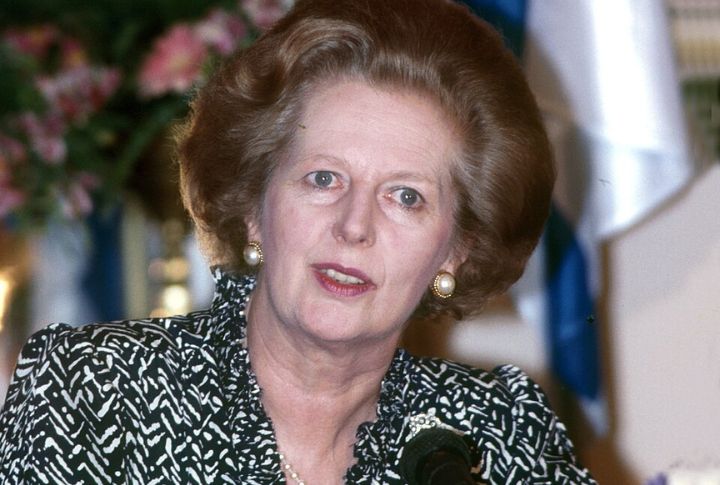
Often called the “Iron Lady,” Thatcher earned the nickname for her assertive parliamentary speeches. As the first female Prime Minister of the UK, she used forceful rhetoric to establish authority. She lowered her vocal pitch through coaching and rehearsed speeches meticulously to sharpen her delivery.
Frederick Douglass
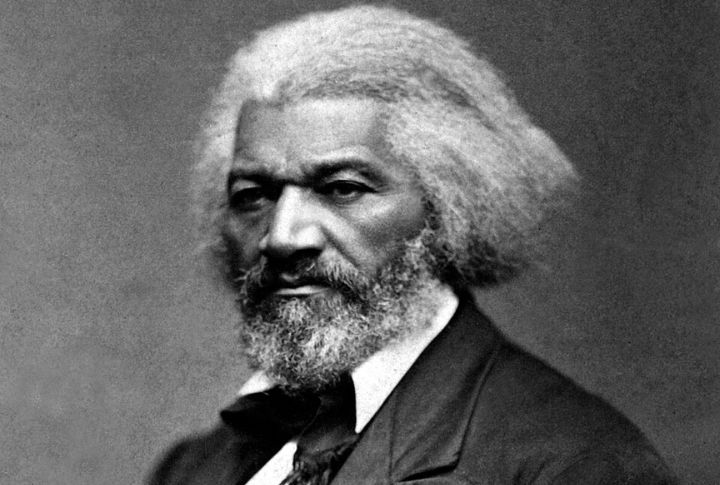
With unmatched intensity, Douglass delivered “What to the Slave Is the Fourth of July?” as a rhetorical landmark. He spoke from lived experience as a formerly enslaved person. Douglas secretly taught himself to read. After escaping slavery, he disguised himself as a sailor, which reshaped his voice.
Angela Merkel
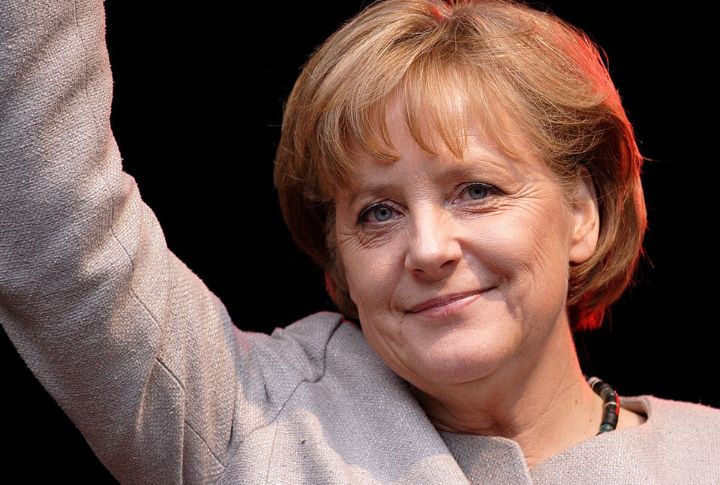
Widely respected for calm leadership, Merkel guided Germany through multiple crises. She rarely showed emotion, but she earned trust through her clarity and consistency. Known for quieting chaotic rooms, she holds a PhD in quantum chemistry, and her logic-driven style reflects scientific precision.
Cicero

Cicero changed the law and citizenship in ancient Rome through powerful speeches. As the Republic’s top orator, he delivered entire addresses from memory. Cicero employed sarcasm and dramatic pauses to engage the Senate, often blending legal arguments with theatrical flair.
Malala Yousafzai

She spoke at the UN against all odds at age 16 to spotlight girls’ education after surviving a Taliban attack. Her poise stunned global leaders. Malala Yousafzai wore Benazir Bhutto’s dress for the speech and won the Nobel Peace Prize for her activism at a very young age.
Ronald Reagan
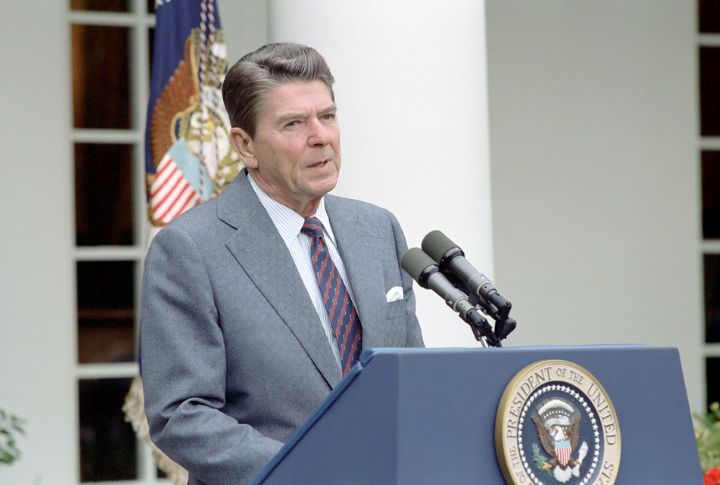
Regan redefined Cold War narratives with speeches full of clarity and charm. Dubbed “The Great Communicator,” he blended a relatable style with sharp quips. As a former actor, Reagan infused humor into serious addresses and practiced his delivery like a stage performance.
Pericles
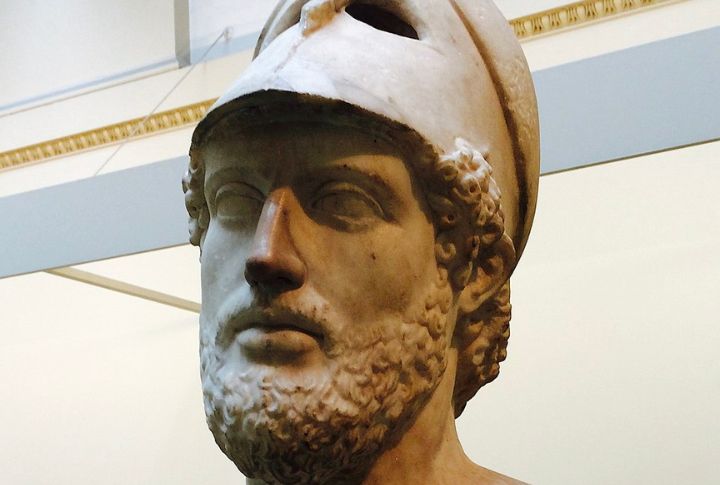
In ancient Athens, Pericles delivered the Funeral Oration to honor democracy and the valor of wartime. He promoted public speaking as a civic duty. Though Thucydides may have edited the speech, Pericles’ voice remains clear. His addresses were delivered outdoors to massive amphitheater crowds.
Franklin D. Roosevelt
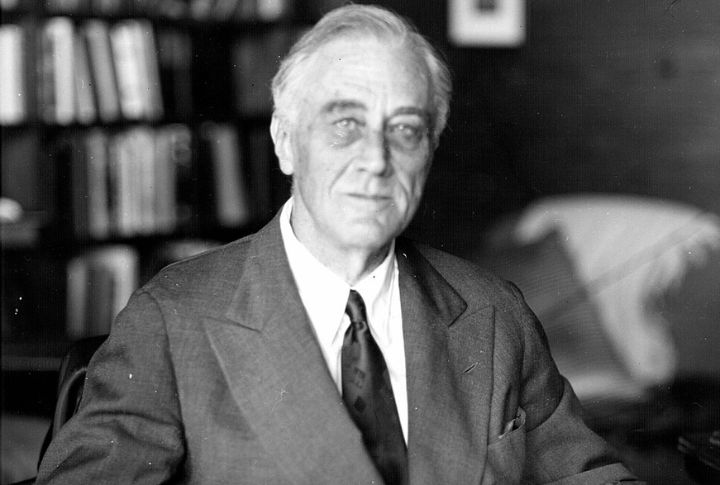
With steady resolve, Roosevelt reassured Americans during the Great Depression with “The only thing we have to fear is fear itself.” His Fireside Chats revolutionized political radio. Despite having polio, Roosevelt spoke with strength while seated. He personally edited his speeches for clarity and brevity.
Chimamanda Ngozi Adichie
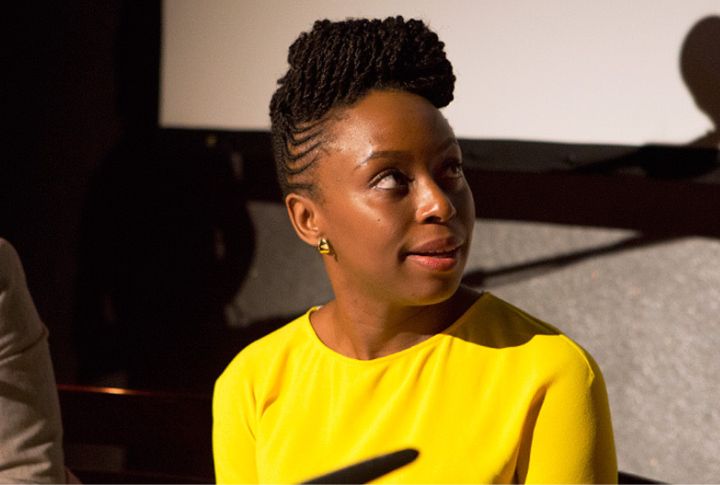
Adichie reached millions with her TED Talk “We Should All Be Feminists.” Her speeches blended charm, clarity, and cultural insight. She once joked that TED Talks weren’t childhood dreams; only storytelling was. Even Beyonce sampled her words in “Flawless.”
Abraham Lincoln
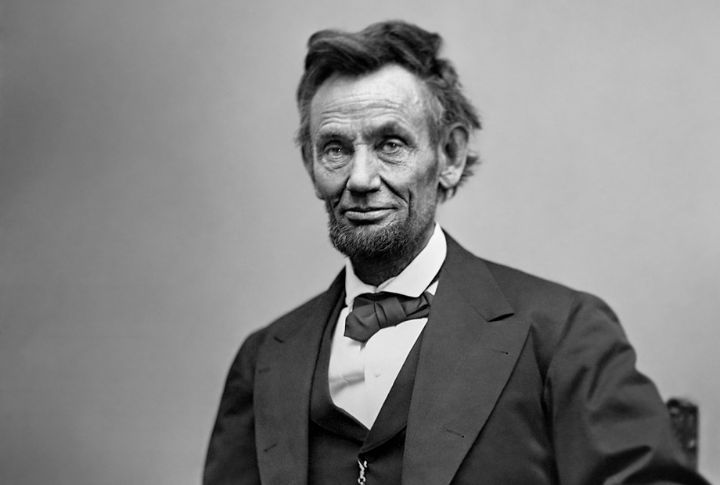
In just 272 words, Lincoln redefined national purpose with the Gettysburg Address. His Second Inaugural Speech fused poetry and prophecy. Though Lincoln’s voice was high-pitched and nasal, his delivery was riveting. He often wrote speeches on scraps of paper while traveling.
Theodore Roosevelt
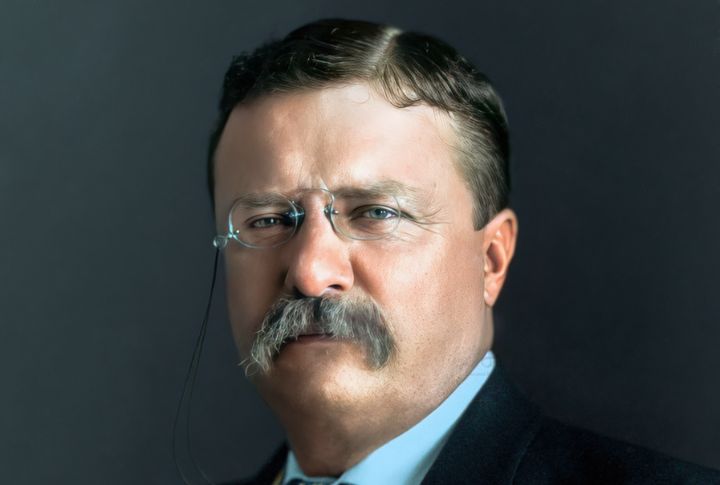
With fierce energy, Theodore Roosevelt delivered the “Man in the Arena” speech to champion courage and grit. His combative style thrilled audiences. After being shot in the chest, he gave a 90-minute speech. The man even carried backup copies of speeches in his coat.
Greta Thunberg
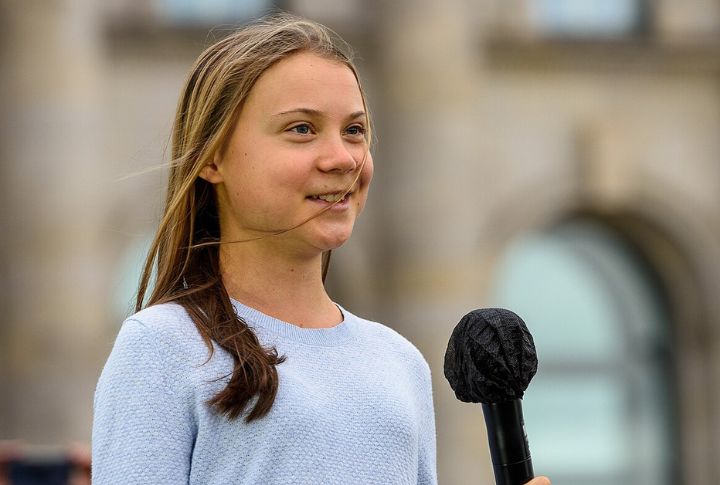
At the UN, Greta Thunberg delivered her “How Dare You” speech, igniting youth climate activism. Her tone was blunt and urgent. She reportedly wrote the speech while traveling. Her serious expression was a deliberate rhetorical choice to emphasize urgency.
Susan B. Anthony
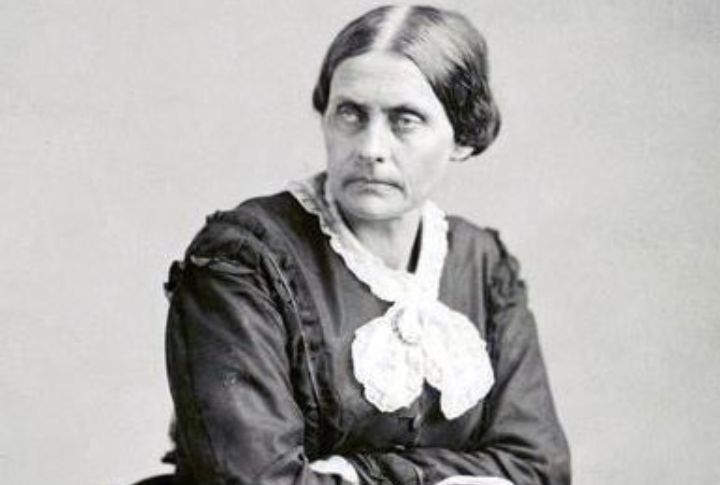
Anthony gave thousands of speeches across the U.S., tirelessly advocating for suffrage. Her courtroom speech after being fined for voting became legendary. She sometimes spoke in multiple towns daily. Notably, it was her late-night editing sessions that helped her refine messaging for clarity and impact.

